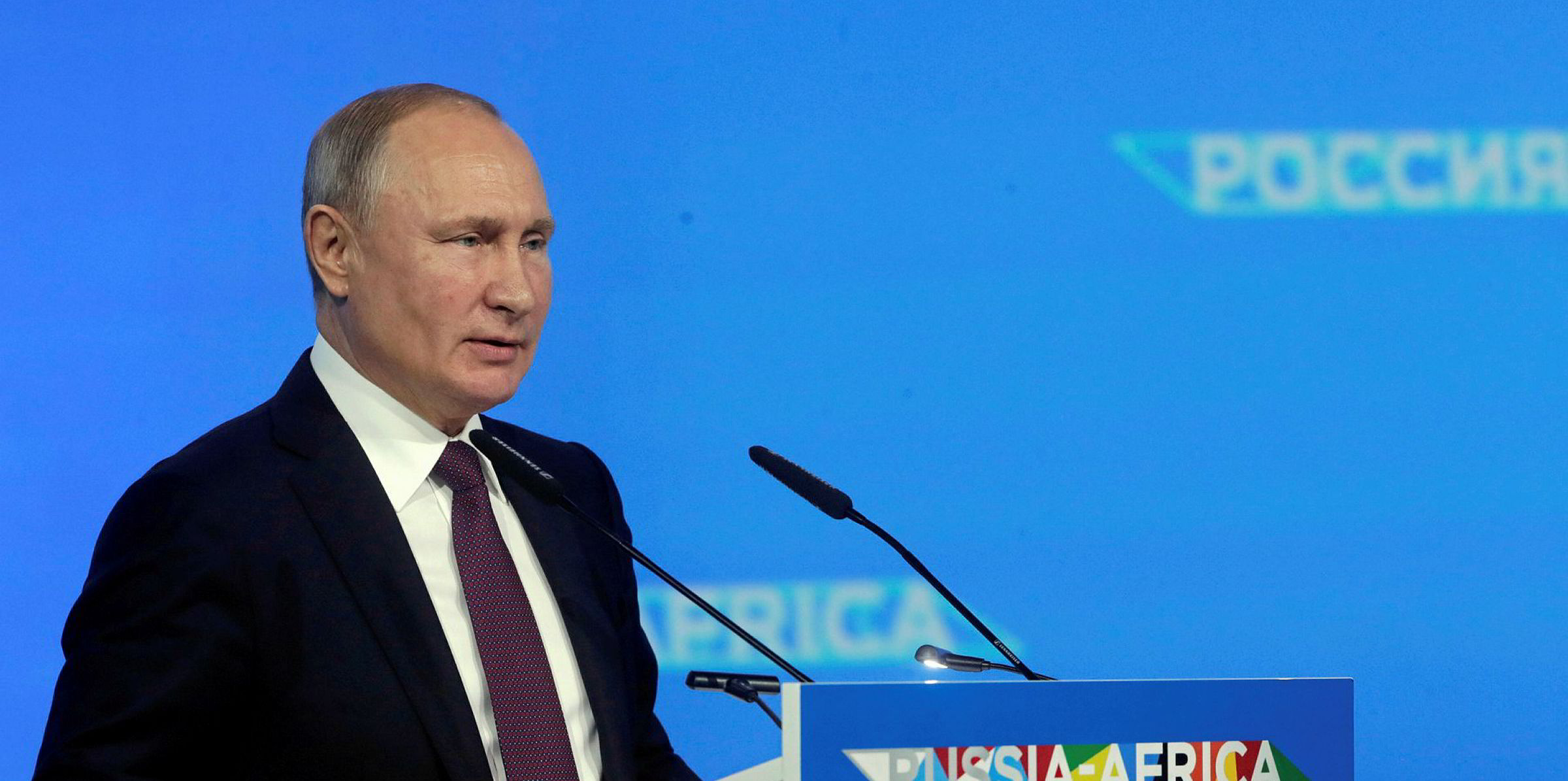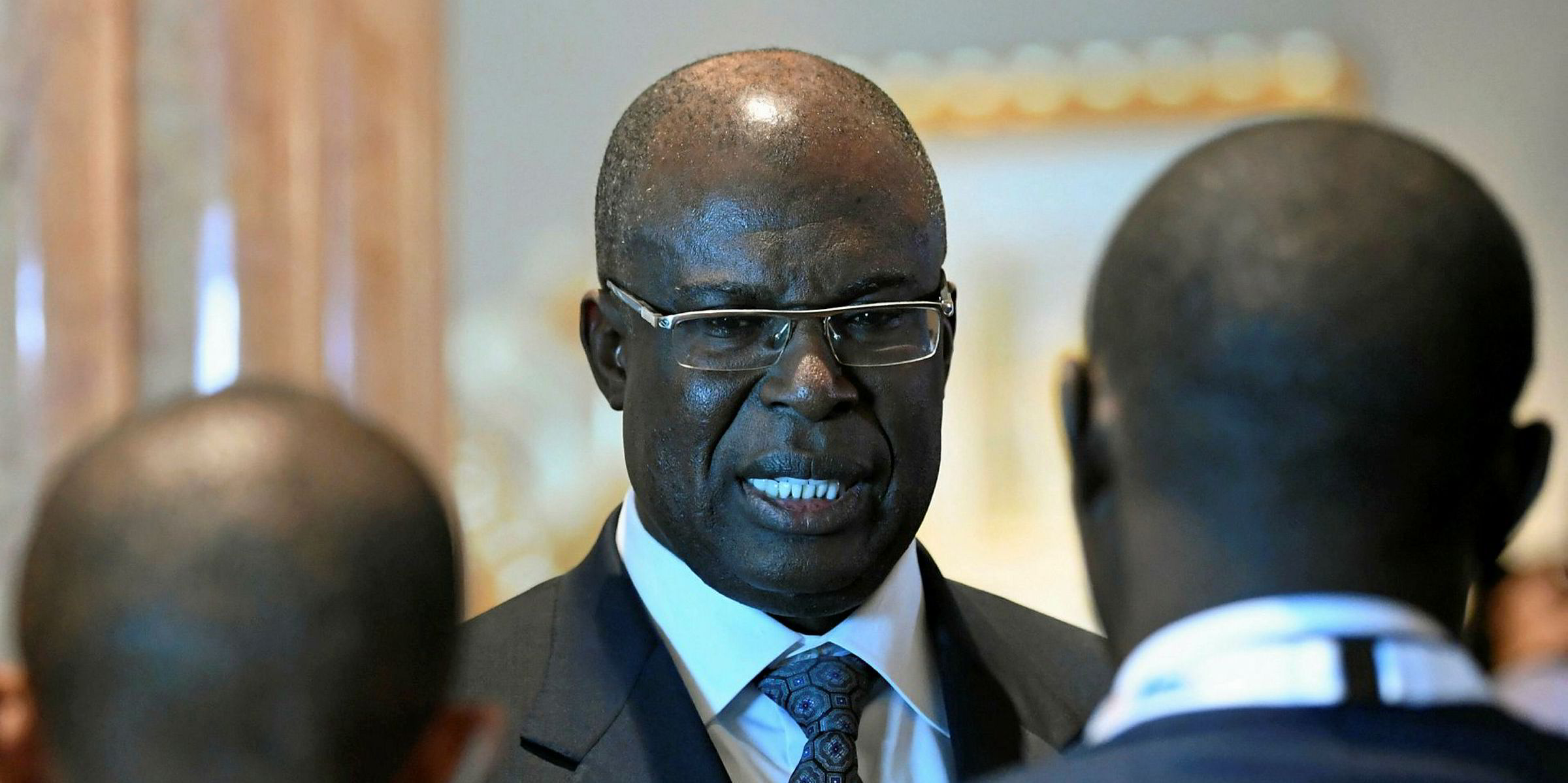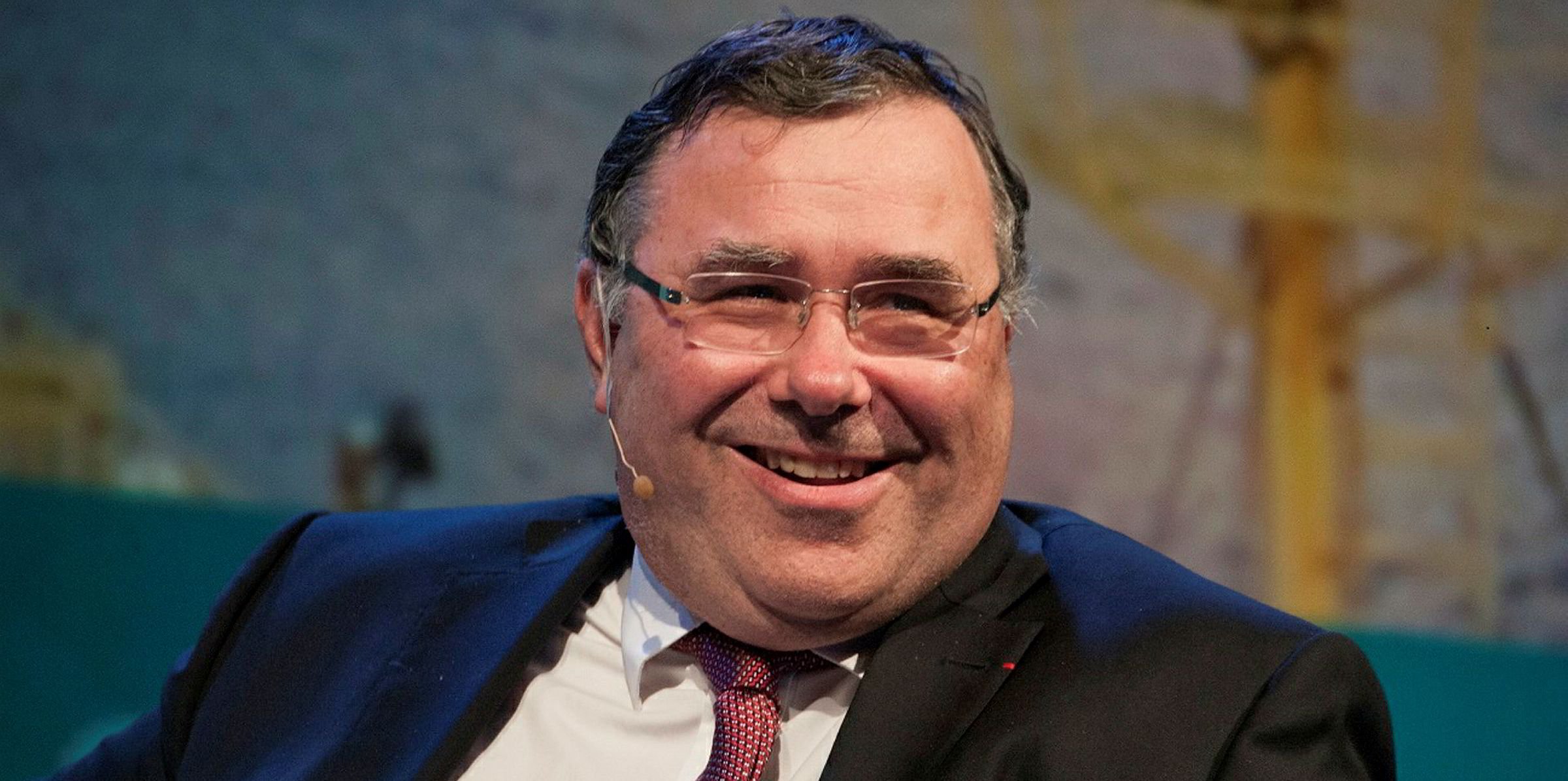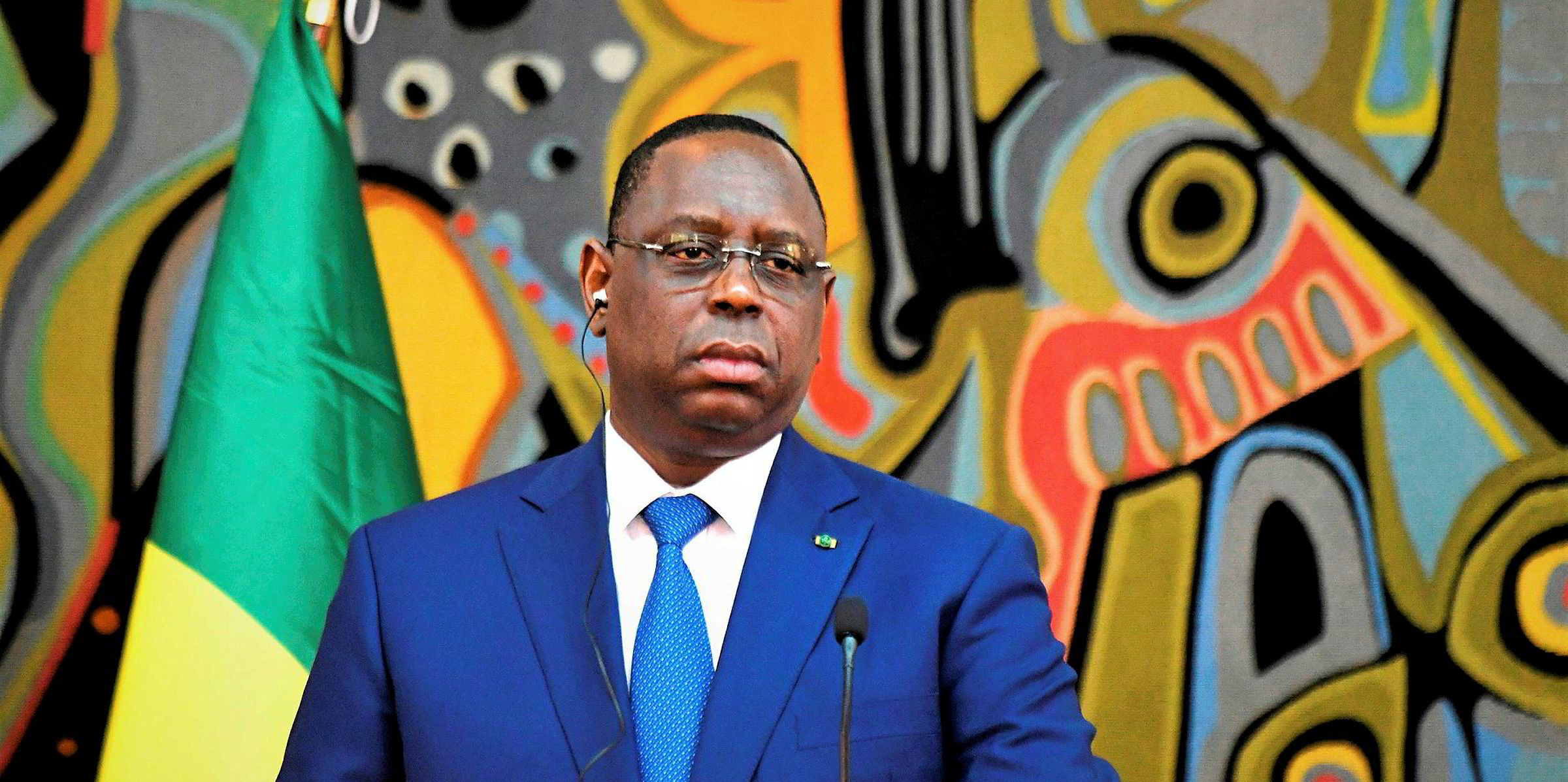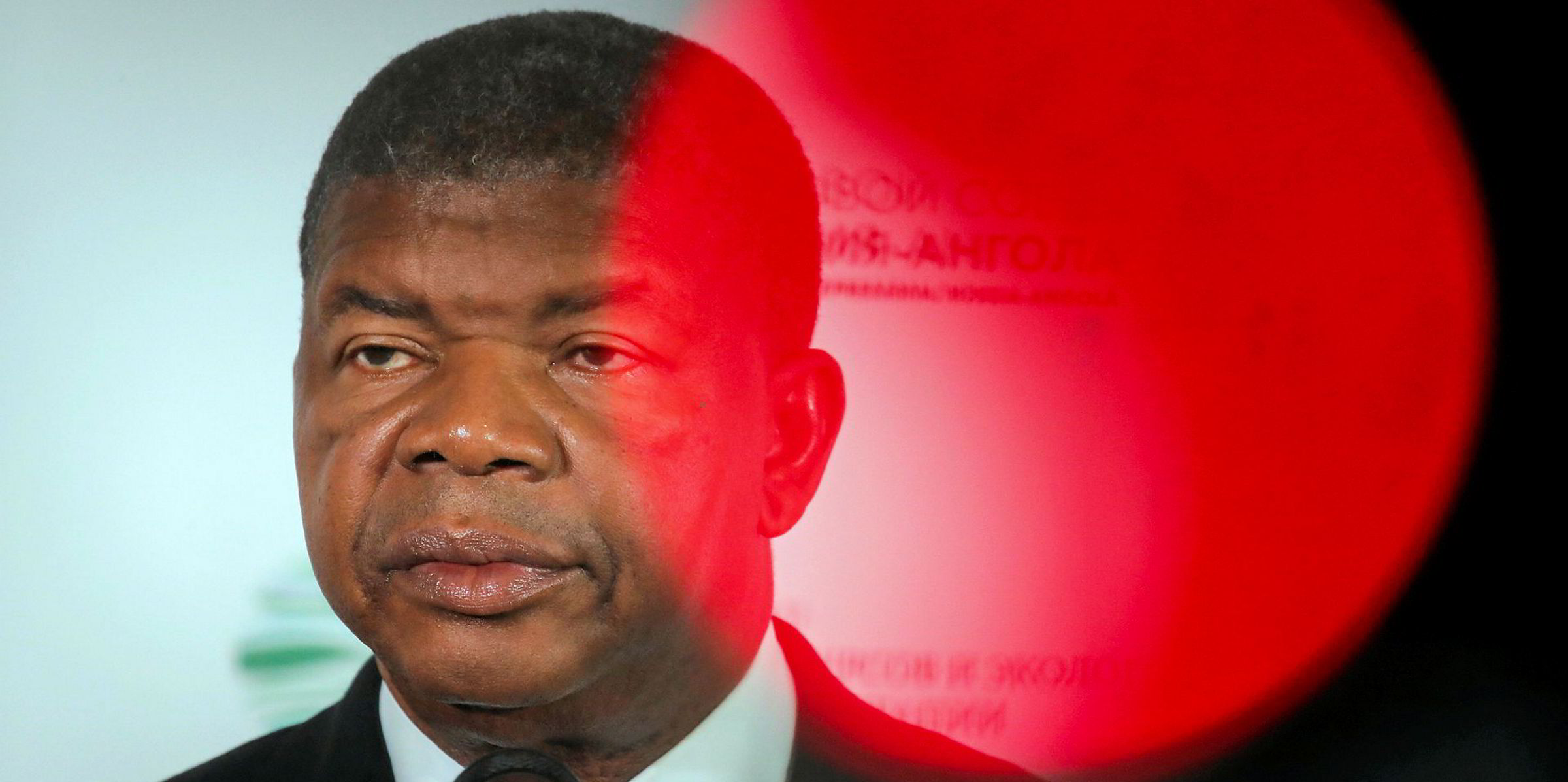OPINION: Africa's political gymnasts converged this week on the Olympic Park in Russia’s Black Sea port of Sochi for the First Russia-Africa Summit, hosted by President Vladimir Putin and co-chaired by his Egyptian counterpart, Abdel Fattah el-Sisi.
Some 54 African countries and regional organisations have been invited, with 43 heads of state attending and the rest sending representatives, according to the Kremlin.
The idea is to “find ways of accelerating strategic co-operation” while signing off 23 bilateral agreements to cement friendly relations and issue a joint declaration on the road ahead — an attractive proposition, it seems.
Some delegations, such as that led by Ivory Coast President Alassane Ouattara, will exceed 60, and the enthusiasm is palpable.
After all, no one wants to look a gift horse in the mouth and Russia has extensive experience across the industrial spectrum — think military, think oil and gas.
African states seek assistance. Russia has watched askance as fellow Asiatic power China successfully courted leaders, with mega-projects and mega-loans (often concessional) transforming the investment landscape and with no nasty lectures about the rule of law and human rights.
In 2000, China launched its own charm offensive by hosting the China-Africa Corporation Forum, promising investment on a majestic scale, and an emblematic extension of the old Silk Road down which Chinese corporations and labour would eventually travel to dominate a continent.
In the early 15th century, the Ming dynasty dispatched China’s famed Muslim Admiral Zheng He with an armada to extend imperial trade and influence throughout the Indian Ocean.
He reached modern day Somalia, Kenya and even Sofala in Mozambique, but never penetrated inland.
This time around, Beijing has secured solid allegiance from the political class and business elites of the interior, becoming the UN Security Council’s biggest contributor to the African peace-keeping contingent, reflecting commercial interests stretching from Senegal to South Sudan and Mali.
In a bid to protect its One Belt, One Road initiative, Beijing has expanded a military base in Djibouti and has upped its game on joint training programmes combined with arms sales and intelligence sharing.
Diverse activities have seen deployments to the Democratic Republic of Congo, Sudan, Zimbabwe and Cameroon.
A report in January by the Pentagon-funded African Center for Strategic Studies clearly links military co-operation to securing assets in natural resources and infrastructure.
Putin cannot compete with this. His rouble is not vying for global currency status, while Russia’s trade with Africa barely nudges $20 billion, 10 times less than China and half that of France.
However, his vanguard can reach into those tricky places others fear to tread.
Mercenary firms like Yevgeny Prigozhin’s Wagner Group are the key, having operated niche roles for two decades in Libya, Sudan, Ivory Coast and DR Congo, often working closely with Rosneft, Gazprom and state-owned atomic energy player Rosatom, most successfully in Egypt.
Prigozhin opened up the Central African Republic for uranium interests, and other outfits wait in the wings, with names like Shield and Patriot, Vega, Orel, Slavonic Corp and Sewa Security.
Putin’s 2018 small arms accord with Madagascar is reported by the French Institute for International Relations to have now morphed into an intelligence base, while Russia has ambitions to participate beyond observer status with the French-sponsored G5 Group fighting Islamist terror in the Sahel.
Russia's market is small, its economy weak, with companies reliant on export routes run by unscrupulous state actors, untroubled by sanctions.
Africa's markets are growing, and while oil and gas is not the goal — rather a means to an end — opportunities will not be ignored.
(This is an Upstream opinion article.)
